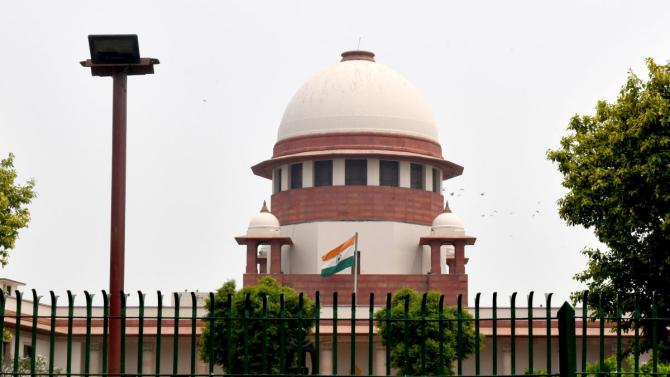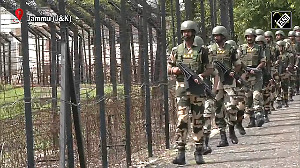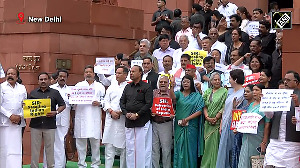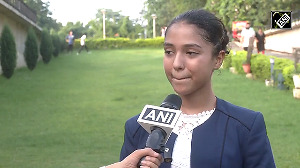The Centre on Monday told the Supreme Court that only it is empowered to conduct a census under the relevant law as the subject falls under the Union list of the Constitution.

In an affidavit filed in connection with a batch of petitions challenging the Patna high court giving the go-ahead to caste survey in Bihar, the Centre said that the Union of India is committed to taking all affirmative actions for the uplift of SCs/STs/SEBCs and OBCs in accordance with the provisions of the Constitution and the applicable law.
The affidavit filed by the assistant registrar with Registrar General of India in the Ministry of Home Affairs said, 'I state and submit that census is a statutory process and is governed by the Census Act, 1948. It is submitted that the subject of Census is covered in the Union List under Entry 69 in the Seventh Schedule.'
It further said, 'In exercise of the powers under the said Entry, the Central Government has made the Census Act, 1948. The said Act empowers only the Central Government to conduct the census under section 3 of the Census Act, 1948...'
Section 3 of the Census Act states:- The Central Government may, by notification in the Official Gazette, declare its intention of taking a census in the whole or any part of the territories to which this Act extends, whenever it may consider it necessary or desirable so to do, and thereupon the census shall be taken.
On August 21, the top court had told the petitioners challenging the Patna high court order giving the go-ahead to the Bihar government for a caste survey that it would not stay the exercise unless they made out a prima facie case against it.
It had allowed Solicitor General Tushar Mehta, representing the Centre, to file its response on the issue within seven days after he said the survey could have some consequences.
Mehta had submitted, 'We are not this way or that way. But this exercise may have some consequences and hence we would like to file our reply.'
A bench of justices Sanjiv Khanna and SVN Bhatti, which is hearing a batch of pleas filed by various NGOs and individuals challenging the August 1 verdict of the high court, had adjourned the proceedings at Mehta's request.
On August 18, the top court asked what was the harm if a person provided the details of caste or sub-caste during a caste survey when an individual's data was not going to be published by the state.
Earlier, senior advocate C S Vaidyanathan, appearing for NGO 'Youth for Equality' which is challenging the survey, had submitted that the exercise was an infringement of people's right to privacy.
The Bihar government had said the caste survey was completed on August 6 and the data gathered was uploaded by August 12.
The data, which has been collected during the survey, has been uploaded on the BIJAGA (Bihar Jaati Adharit Ganana) app. It said the data could be accessed only by government departments.
On August 7, the top court refused to stay the Patna High Court's order giving the go-ahead for the caste survey.
Besides the pleas filed by NGOs 'Youth for Equality' and 'Ek Soch Ek Paryas', another petition has been filed by Nalanda resident Akhilesh Kumar who has contended that the notification issued by the state government for the exercise is against the constitutional mandate.
There are some other petitions also.
Kumar's petition says in terms of the constitutional mandate, only the Union government alone is empowered to conduct a census.
The plea, filed through advocate Barun Kumar Sinha, said the entire exercise of conducting a 'census' by the Bihar government is without authority and legislative competence, and reeks of mala fide.
The high court had said in its 101-page verdict, 'We find the action of the state to be perfectly valid, initiated with due competence with the legitimate aim of providing development with justice.'











